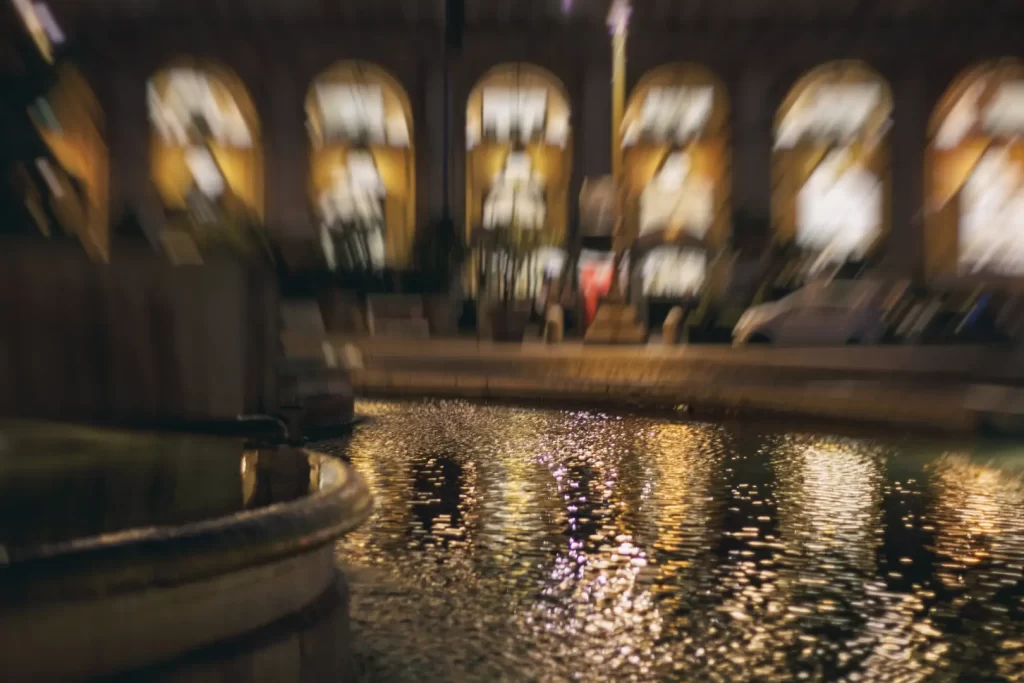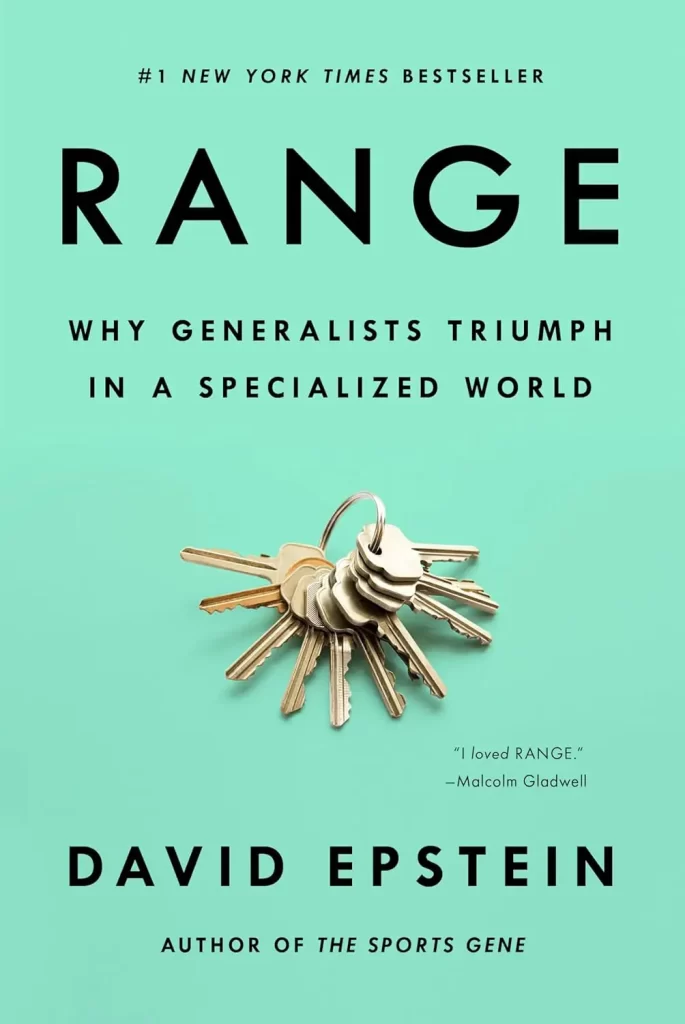
There was a time when I believed that learning anything outside of my core expertise was a waste of time. As someone deeply rooted in IT and software development, skills like photography, audio editing, and voice-over work felt completely irrelevant to my future. They had no obvious connection to coding, system architecture, or managing technical teams. So why bother?
Yet, years later, these so-called “useless” skills became some of the most valuable assets in my personal and professional life. They enhanced my creativity, improved my ability to communicate, and gave me a unique perspective on problem-solving. Looking back, I realize that the concept of “uselessness” isn’t about whether a skill has value, but whether its value is immediately apparent.
When I refer to “useless” skills, I mean those that don’t seem to align with an obvious career path. These are the things we learn for fun, out of curiosity, or simply because they spark our interest. At first glance, they may seem disconnected from our work, but over time, they can shape us in ways we never expected. Some of the skills I once thought were distractions, like color grading, painting, or learning to brew pure over coffee or pull a great espresso shot, turned out to teach patience, precision, and pattern recognition, all of which became unexpectedly useful in my IT career.
The Myth of “Uselessness”
We live in a culture obsessed with efficiency, productivity, and measurable outcomes. If a skill doesn’t directly boost income, career opportunities, or immediate practicality, society often labels it “useless.” This belief, ingrained even within many families, unfairly limits our potential and creativity.
But history has repeatedly shown that skills deemed “pointless” can lead to breakthroughs. Leonardo da Vinci’s fascination with sketching the human body, considered an indulgent distraction at the time, directly influenced his innovations in engineering and art. Albert Einstein, known for his scientific genius, played the violin as a way to clear his mind and think differently about physics. The greatest minds have always embraced curiosity, regardless of common expectations.
When I first started photography, I was an IT consultant collaborating with a photography studio. What began as simple curiosity quickly turned into deep passion. I pursued certifications, honed my skills, and discovered how powerfully photography reshaped my perception. It taught me how to see details clearly, frame problems differently, and zoom out to grasp broader landscapes, a skill invaluable in my technical roles and now as a CTO. Similarly, pursuing a degree in audio engineering was dismissed by some as niche and unprofitable. Yet, it not only enabled me to launch a successful radio station and learning platform but also taught me patience, precision, and incremental improvement, crucial qualities in software engineering and leadership.
Beyond career benefits, these skills enriched my personal life. Photography helped me appreciate the beauty in everyday moments, while audio editing refined my attention to detail. Voice-over work, initially just a playful experiment, later improved my confidence in public speaking and storytelling. Skills like learning origami can teach us focus and dexterity, while practicing card tricks helps us understand misdirection and the psychology of attention, which became useful in software interface design.

Discovering Hidden Connections
In his compelling book Range, David Epstein argues that generalists, those who embrace a wide array of seemingly unrelated skills, excel in innovative problem-solving. Each “useless” skill enriches our mental toolkit, empowering us to face complex challenges creatively.
Studies in neuroscience also suggest that learning diverse skills strengthens cognitive flexibility, the brain’s ability to switch between tasks, adapt to new challenges, and approach problems from fresh perspectives. Those who engage in multiple disciplines are often better equipped to navigate uncertainty and solve problems in unexpected ways.
Engaging in seemingly unrelated disciplines fosters cross-pollination of ideas. Many technological advancements come from unexpected intersections: artists influencing product design, musicians shaping sound engineering innovations, and athletes bringing their discipline into corporate leadership.
Reflecting on my own journey, I’ve realized that openness to learning without immediate purpose made me adaptable, versatile, and ready to pivot during uncertain times. In moments of career transitions, leadership challenges, or personal reinvention, these so-called “pointless” pursuits became my greatest strengths. Even learning vector design, a skill I thought would serve no practical purpose, helped me refine my attention to detail and aesthetic sensibilities, which later influenced my UX/UI decisions.

The Surprising Benefits of Exploring the Unconventional
Consider my experience with voice-over and storytelling. Initially developed through my podcasting and radio endeavors (perhaps soon returning, in English), these skills unexpectedly enhanced my public speaking. They gave my presentations authenticity, presence, and trustworthiness. People remembered not just what I said, but how I said it.
The ability to tell a compelling story, control vocal tone, and engage an audience are skills that many corporate leaders, sales professionals, and educators actively struggle to master. Yet I acquired them unintentionally, simply by following my interests.
What’s fascinating is how one skill naturally reinforces another. Photography improved my ability to compose visual narratives, which in turn made my video editing more dynamic. My voice-over work strengthened my confidence in speaking, making me a better leader. In hindsight, none of these were “useless”, they were building blocks for greater versatility and depth.
This revelation reminded me of Steve Jobs’ iconic 2005 Stanford commencement speech, where he shared how studying calligraphy influenced Apple’s aesthetic excellence. Such seemingly unrelated interests can profoundly ripple through your life.
Embrace Curiosity, Reject Limitations
Learning without expectations frees you from constraints. Curiosity-driven learning helps you thrive amid ambiguity, fosters creativity, and cultivates resilience. Each “useless” skill acquired nudges you beyond comfort zones, empowering you to courageously embrace uncertainty, one of life’s greatest strengths.
We often underestimate the compounding effect of seemingly insignificant skills. A person who learns to sketch casually may later become an expert in UX/UI design. A hobbyist coder experimenting with game development could discover a passion for AI programming. A chef exploring exotic cuisines might eventually launch a global food venture. What seems irrelevant today could be the catalyst for something transformative tomorrow.
Expanding your skillset also makes life more enjoyable. Imagine a life where learning is purely about exploration, joy, and creative self-expression rather than just career advancement. A life where trying new things isn’t a means to an end, but a celebration of curiosity itself.
Why You Should Start Learning Something “Useless” Today
Life is unpredictable. Today’s trivial skills could become tomorrow’s greatest strengths. Whether it’s pottery, dancing, gardening, or something more obscure, dive in without hesitation. Learn without guilt. Trust curiosity. Your future self will thank you.
Take a moment and reflect: What skill have you always wanted to explore but dismissed as “unnecessary”? What if, instead of questioning its usefulness, you embraced it simply because it intrigued you?
As I’ve discovered, profound wisdom and growth await discovery within every “useless” skill, patiently anticipating your courage to embrace them. The skills that seem disconnected today may turn out to be the puzzle pieces of your future success.